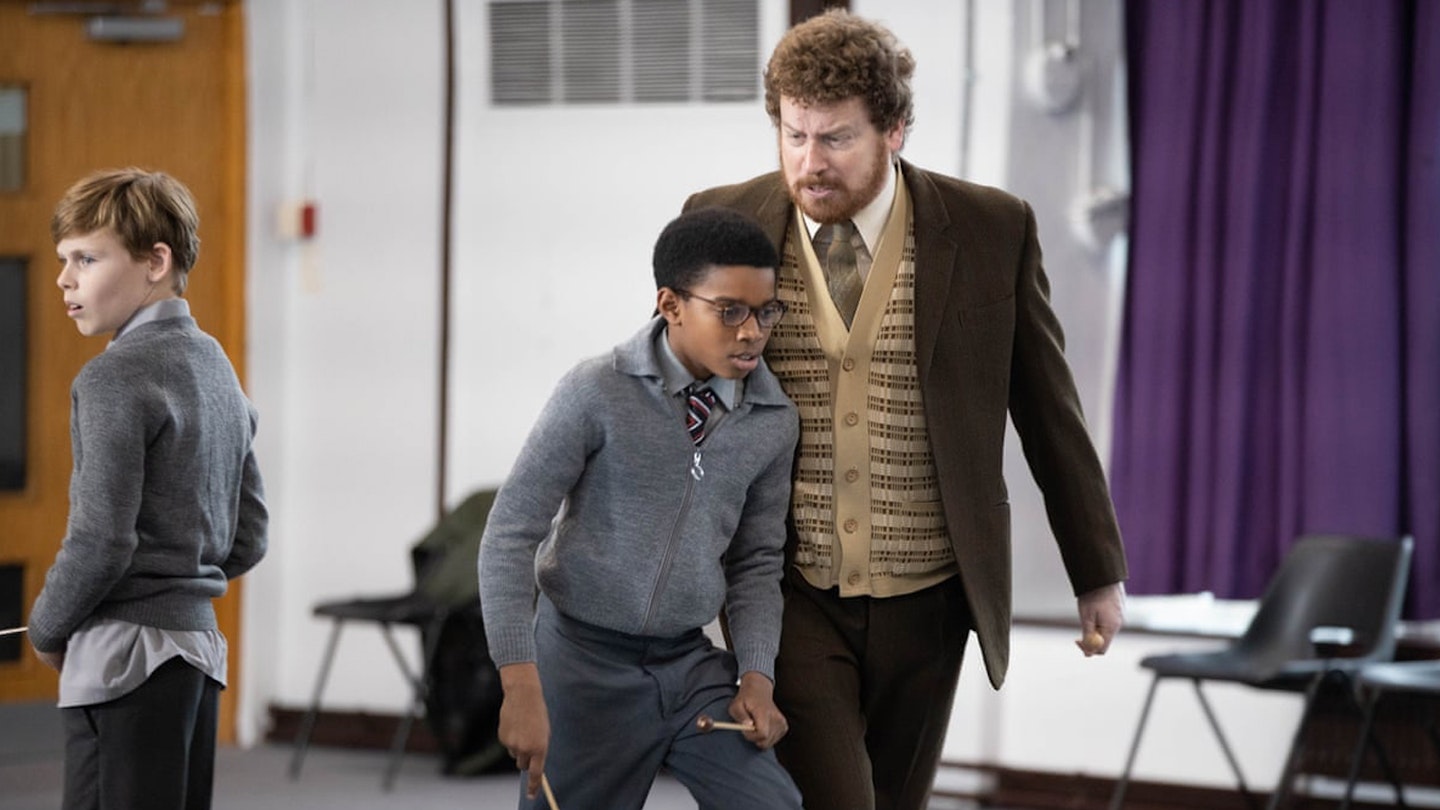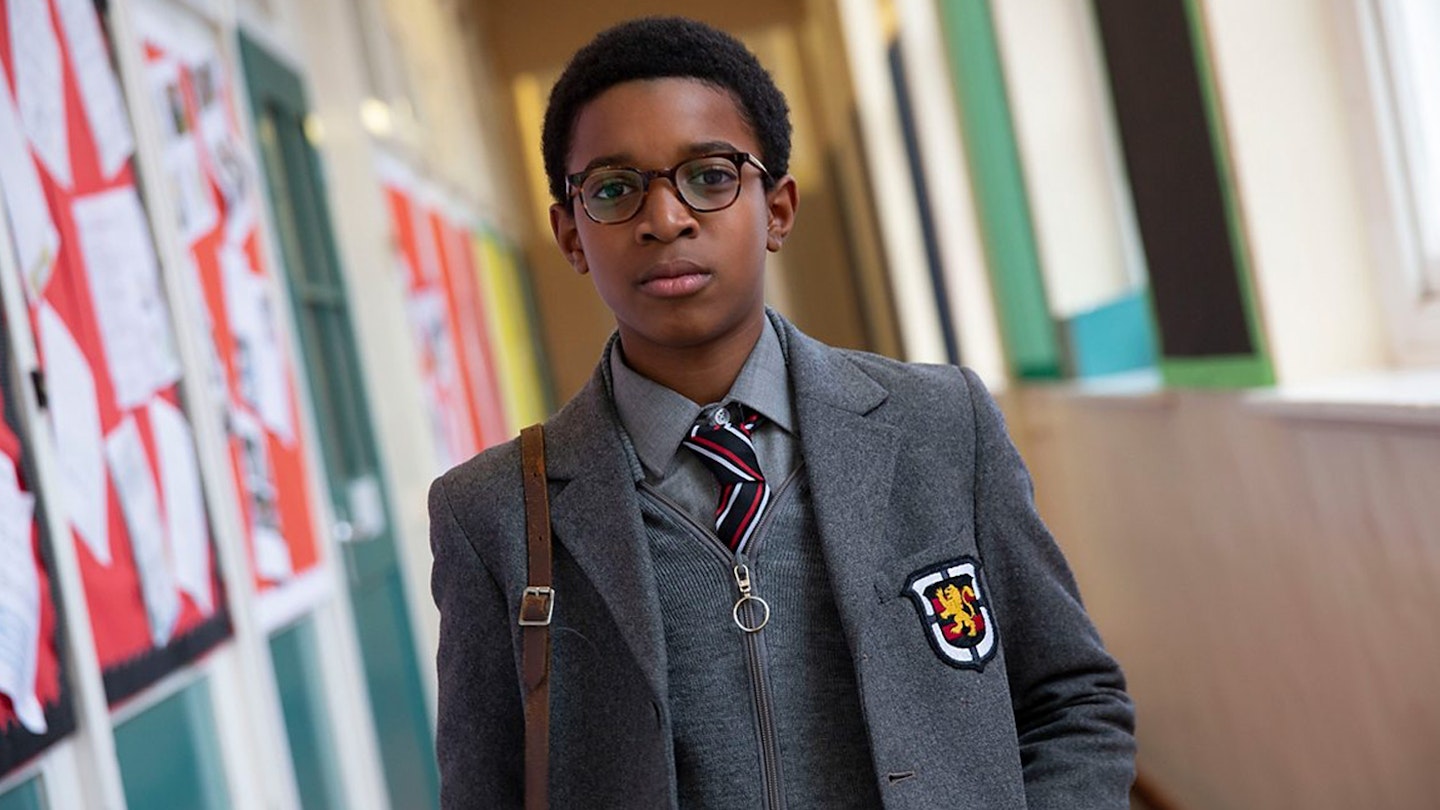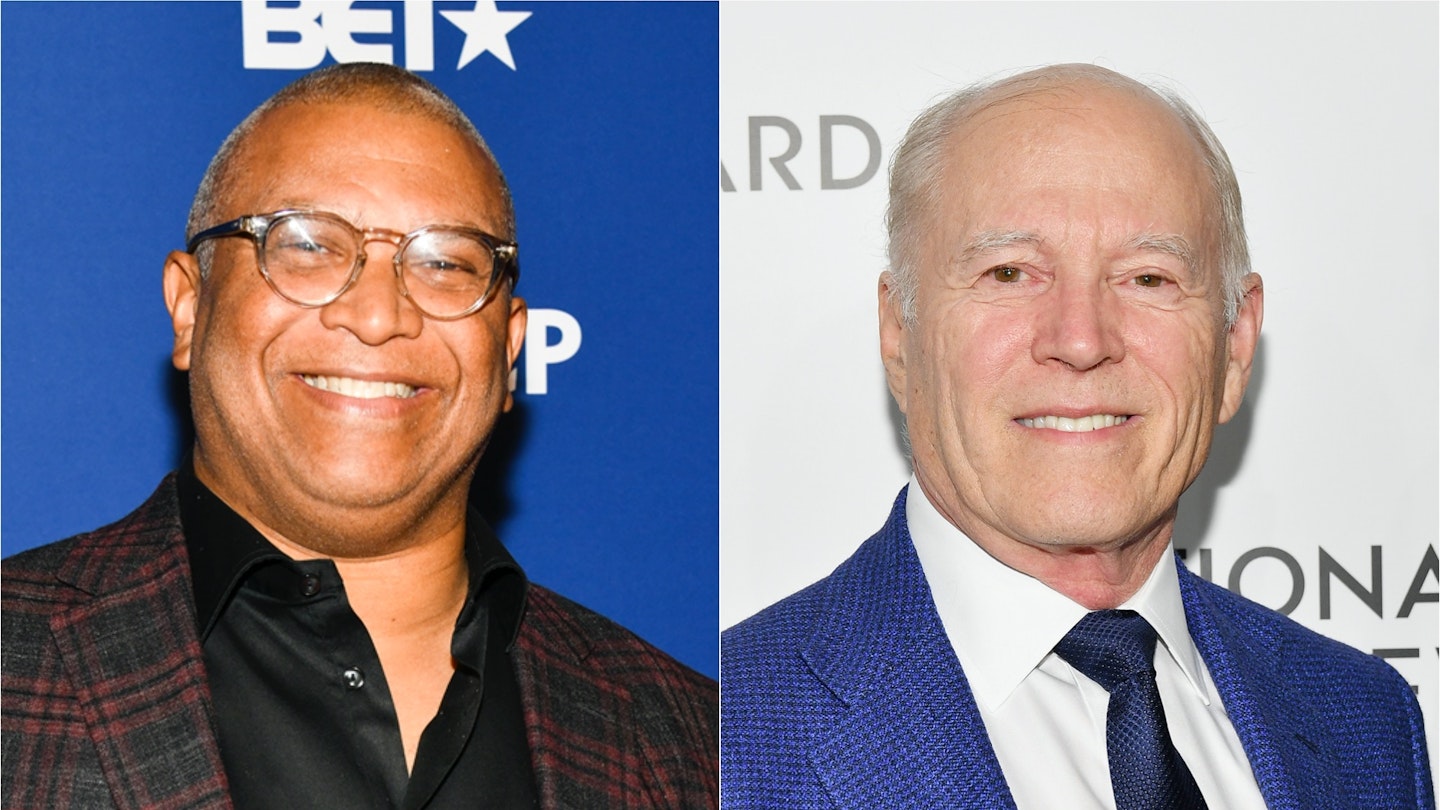Education, the last entry in Steve McQueen’s Small Axe anthology, is a powerful exposé of the ’70s British schooling system. 12-year-old Kingsley (Kenyah Sandy) is a mesmeric blend of hungry, shy and determined. With that sweet distant gaze into galaxies unknown, the would-be astronaut is capable of whatever future he wants if opportunity allows, even if his white friends claim “you can’t have a Black man in space”. His devoted family — played by Sharlene Whyte and Daniel Francis, excellent as his overworked, house-proud parents, and Tamara Lawrance, as his equally ambitious sister — are worn down but resilient, set to catch him before he falls. But not without the help of community activists who find ways to infiltrate Kingsley’s school to bear witness and report back.

Between blatant disregard and using the kids as a bored audience for guitar solos, the treatment of the pupils is subpar at best, racist at worst. As an artist, not historian, McQueen doesn't just teach — he also helps us feel what these lesser-told stories were like. Immersed in the lush detail of their cosy Caribbean migrant home, we're emotionally transported to ’70s London and how it played out for this loving family.
McQueen’s own experience of being dyslexic yet gifted looms large in this fictional story festering in home truths. Education schools us as to where racism lies within the history of teaching and duly nods to Grenadian writer and politician Bernard Coard’s 1971 polemical pamphlet, ‘How The West Indian Child Is Made Educationally Subnormal In The British School System’. If Education is a coming-of-age story, it’s not just for Kingsley, but also for a UK education system that was caught short.


